Want a healthy harvest but not at the expense of counting toxins? Find some super-effective DIY Cucumber Fertilizers discussed below!
Overfeeding your cucumbers can be an alarming issue inhibiting their growth. It is important to use a balanced feed to help the vines produce a good harvest. Try out these DIY Cucumber Fertilizers for a healthy yield!
Here’s a super effective fertilizer for growing tasty cucumber
Why Should You Not Use an All-Purpose Fertilizer for Growing Cucumbers
Cucumbers do not need nitrogen much; feeding them with an all-purpose formula focuses on growing lush leaves, shoots, and vines instead of producing fruits and flowers.
Hence, nitrogen-rich fertilizers can prompt growth spurts without proper harvest. Also, high levels can shed off the cucumber blossoms before opening, leading to no yield at all.
Want to make organic fertilizers from kitchen scraps? Click here
DIY Cucumber Fertilizers
1. Bone Meal Fertilizer
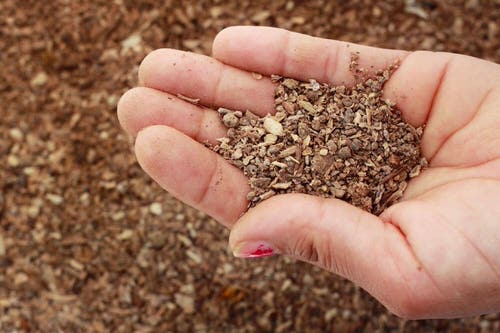
Bone meal has a high content of high levels of phosphorus, potassium, nitrogen, and calcium, which can help a plant to have a lush growth.
You can grind chicken or animal bones in a grinder thoroughly till they form a fine mixture. Add 4-5 teaspoons of it in the growing medium per plant, once in 2-3 months to boost growth.
Why use this fertilizer? It produces bigger and tastier fruits.
Learn about making bone meal fertilizer at home here
2. Worm Castings Fertilizer
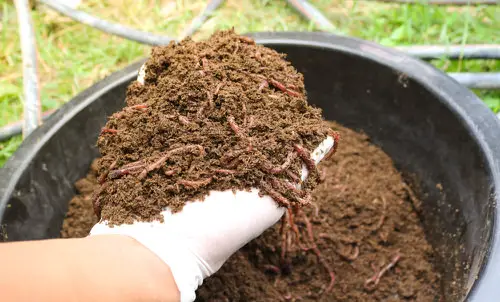
This organic slow-release compost rich in beneficial organisms and minerals will help retain moisture in the soil. Add a quarter to half a cup of worm castings to the soil around the cucumber plants.
Why use this fertilizer? It gives a high yield and promotes healthy growth.
Wondering if earthworms improve the soil? Click here
3. Kelp Meal Fertilizer
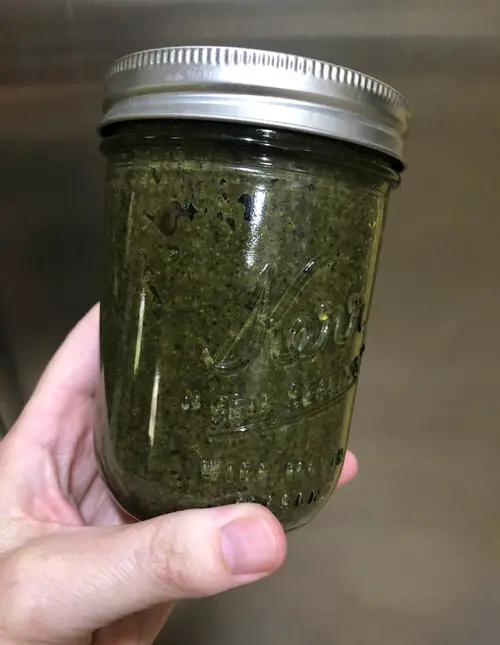
Add 2-3 cups of Kelp meal to 1-2 cups of water and feed your cucumber plants. Kelp meal helps increase the potassium levels in the soil, and cucumbers need it in the final stage of growth once they start flowering and fruiting.
Why use this fertilizer? Provides resistance against pests and promotes sturdier vines.
4. Wood Ash Fertilizer

Mix moist leaf mold, 20-30 pounds of wood ash, 1-2 pounds of sugar, and 1-2 pounds of kelp meal to make your homemade wood ash fertilizer. Watch the tutorial here.
Why use this fertilizer? It boosts flower and fruit production.
Find out some helpful uses of wood ash in the soil here
5. Cottonseed Meal Fertilizer
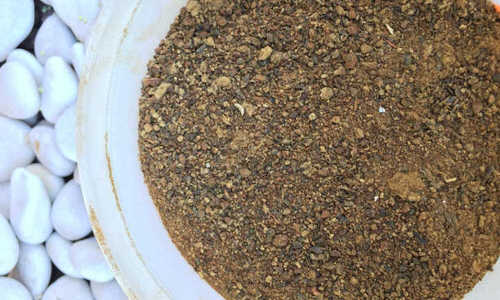
Cottonseed meal contains potassium, phosphorous, and nitrogen that support all growth phases. This fertilizer releases its nutrients slowly, which takes about 3-4 months to do so completely.
Why use this fertilizer? Promotes healthy root and shoot growth and enhances the fruit taste.
6. Coffee Grounds or Tea Leaves Fertilizer
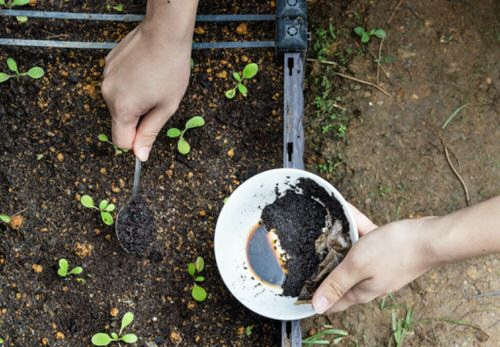
You can use tea leaves and coffee grounds that are low in nitrogen. Cucumber plants need nitrogen at all levels of their growth but in fewer quantities. So, this will help your cucumbers to grow sweeter. Get the recipe here.
Why use this fertilizer? It will suppress the growth of weeds around the plant, providing resistance to diseases.
Want to use coffee in the garden? Learn the best options here
7. Alfalfa Pellets Fertilizer
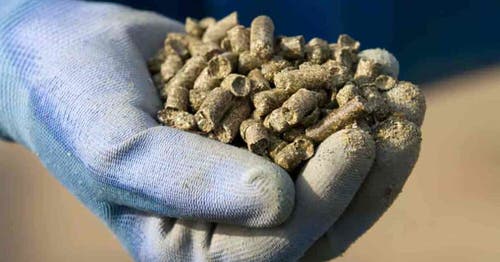
Another way to mix nitrogen into your soil in slower amounts that are good for cucumbers is alfalfa pellets.
Submerge a handful of these pellets overnight and then mix them in the growing medium the next morning. Use it not more than once in 4-6 weeks during the growing phase of the plant, which is in Spring.
Why use this fertilizer? Strengthens plant cell membrane and provides resistance to diseases.
8. Blood Meal Fertilizer
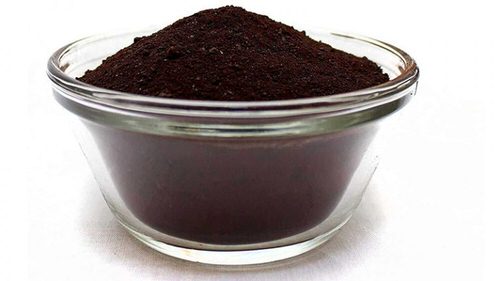
Just like the bone meal, it also offers a host of nutrients like phosphorus, potassium, nitrogen, and calcium along with 14-15 percent nitrogen.
Add 2-3 teaspoons of it at the time of planting and then add a handful of it in the growing medium once in 7-8 weeks for best results.
Why use this fertilizer? Promotes sturdy growth of the plant.
9. Pet or Human Hair Fertilizer
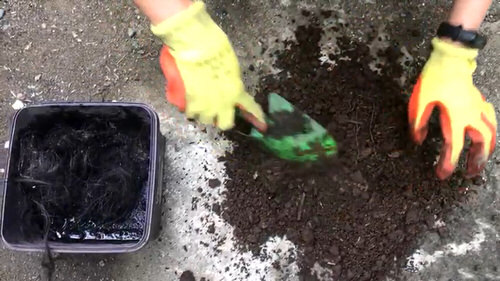
Human or pet hair works as a slow-release nitrogen source with the power of keratin, a protein that your plants need. However, ensure the hair is cut up finely so it mixes in the recipe.
Mix it in the growing medium at the time of planting to boost the growth. Details are here.
Why use this fertilizer? Produces sturdy vines and promotes cucumber production.
Learn how human hair can help your plants here
10. Epsom Salt Fertilizer
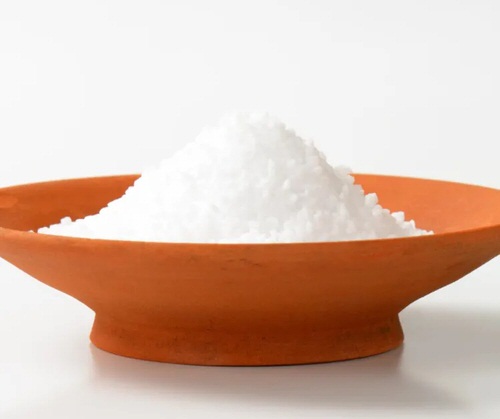
Add Epsom salt to the soil for a good dose of magnesium to the cucumber vines. Dissolve 1-2 teaspoons of Epsom salt in a gallon of water. Use it to water the plants once in 4-5 weeks.
Why use this fertilizer? Promotes lush foliage growth with increased fruit production.
Learn about some fantastic Epsom salt uses in the garden here
11. Banana Peels Fertilizer
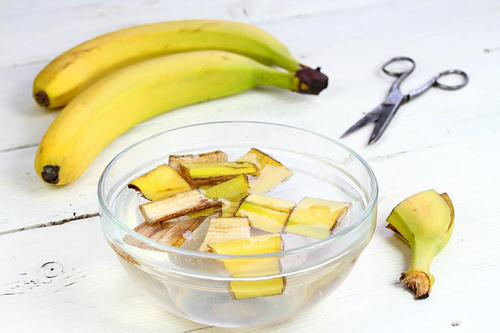
Banana Peels are great fertilizers for cucumbers as they are a fantastic source of potassium that boost plants’ growth. Place 4-6 banana peels in a jar, fill it with a liter of water, and seal it. Let it sit for 5-7 days before using this fertilizer tea on the plants.
Why use this fertilizer? It promotes a high production of flowers and fruits.
Want to make banana peel fertilizer at home? Click here
12. Fish Emulsion Fertilizer
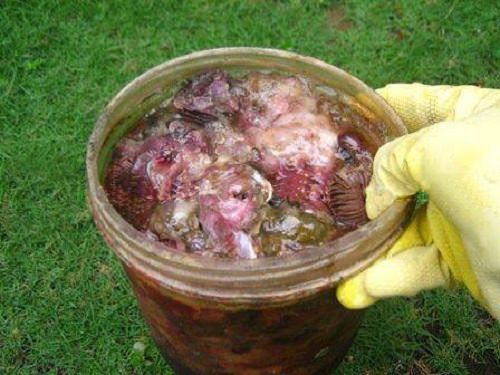
Add three parts sawdust, one bottle of un-sulfured molasses, one part fresh fish, and a cup of water into a large bucket and stir it twice daily for 14-15 days.
Apply this fertilizer to your cucumber plants every 3-4 weeks in the growing season.
Why use this fertilizer? Prevents blossom fall, promoting high yield
Learn about some interesting fish head benefits for plants here
13. Compost Fertilizer
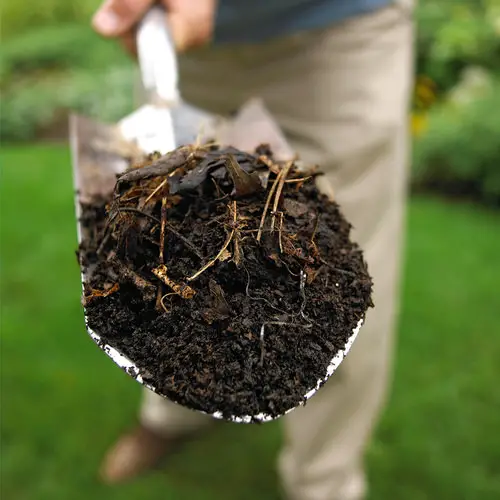
If you have compost at home already ready, nothing can be more perfect. Mix half a gallon of the compost and coconut coir in the ratio of 1:3. Apply this mix to your plants once every 2-3 weeks.
Why use this fertilizer? Provides resistance to pests and diseases.
14. Egg Shells Fertilizer
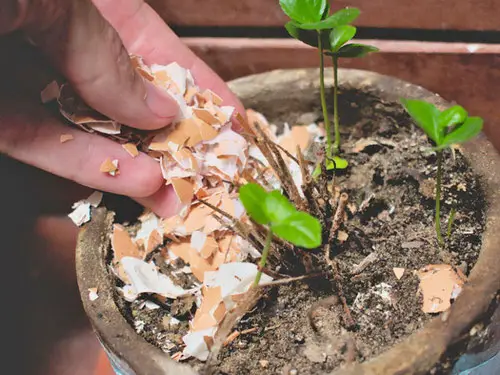
Egg shells are loaded with calcium, phosphorus, potassium, and magnesium that are released into the soil. Ensure the shells are completely dry before crushing a dozen of them in the planting hole or growing medium for a good nutrient boost to your plants.
Why use this fertilizer? It boosts the calcium level in the plant, making it stronger and fruits crispier.



I read the article, I was surprised by some of the recommendations, I learned a lot of interesting things. Previously used bone meal, in my experience it is good for all flowering plants, such as roses, allowing you to grow large and abundant flowers. In addition, bone meal is a slow-release fertilizer, so you don’t have to worry about stress in plants caused by the sudden introduction of concentrated nutrients. Too much bone meal also causes problems. Excessive amounts, or when applied to soil with the wrong pH, contaminate the soil with phosphorus, which does not improve but slows root and plant development in general, leading to chlorosis, yellowing of leaves due to impaired chlorophyll production. Excess phosphorus destroys fungi vital to crops.